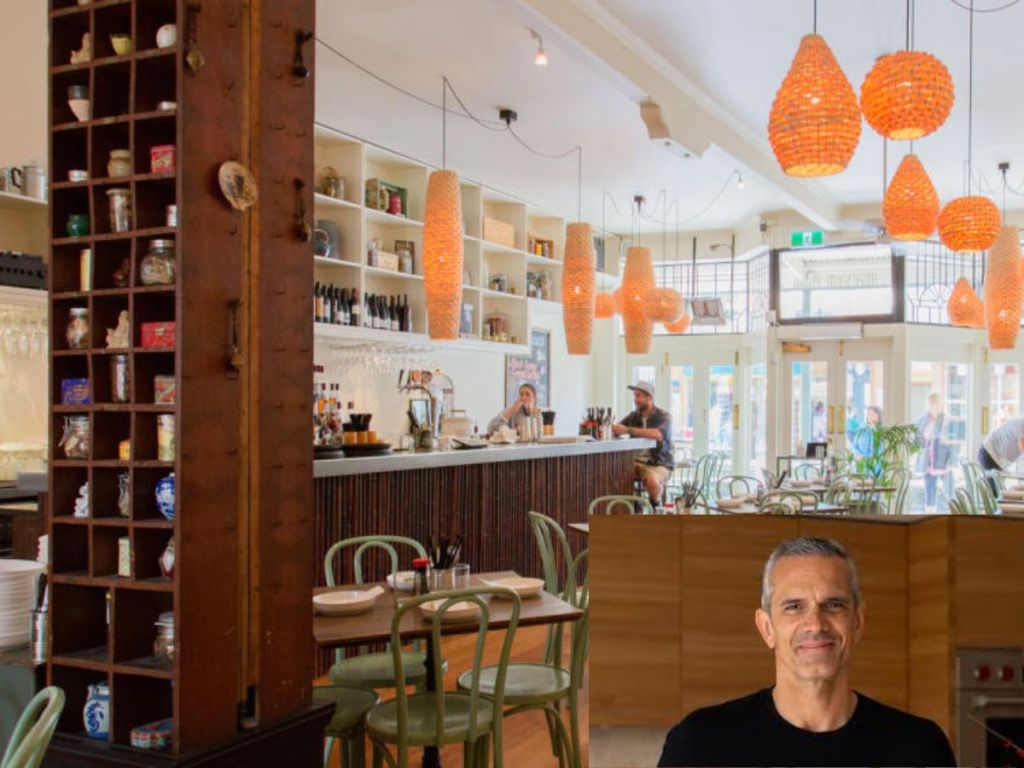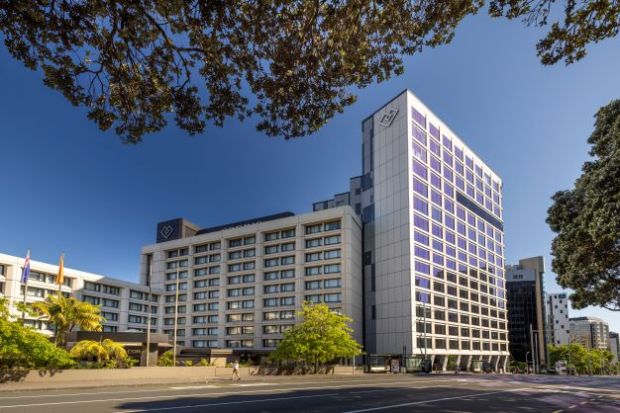The directors of Go To Hospitality have appointed Malcolm Hollis and John Fisk of Pricewaterhouse Coopers as Voluntary Administrators.
The Go To Collection hospitality group operates the Rata, Madam Woo and Hawker & Roll restaurants in Queenstown, Auckland, Hamilton and Tauranga and currently employs in excess of 100 staff.
Malcolm Hollis says the Voluntary Administrators are working closely with the company’s directors, shareholders, and management – including restaurateurs Josh Emett and Fleur Caulton, – to restructure the business.
The company’s directors are Fleur Caulton, Andrew Glenn, and Emma Hill. Josh stood down as a director in June 2020.

The purpose of a Voluntary Administration (VA) is to provide an opportunity to rehabilitate a business and restructure its activities, and offer a better outcome to stakeholders than would be achieved through alternative processes.
“The company has experienced a difficult period due to the impact of COVID-19, especially the extreme shortage of staff,” said Hollis.
“We will work with the team to devise and implement a restructuring plan to ensure the components of the business that are operating well can have a successful future.
“The best performing restaurants will continue to provide high quality services, however, the less popular sites will be closed. Nearly all existing staff will be retained.”
In addition to a restructuring plan, it is intended that a proposal (by way of a Deed of Company Arrangement or DOCA) will be put to creditors at a Watershed Meeting before Christmas. Creditors will be contacted in due course.
The restaurant chain released a public statement last week announcing its decision to go into voluntary administration.
“After a decade of success, Go To Collection, the owners of Rata, Madam Woo and Hawker & Roll restaurants, have taken the very difficult decision to place the business into voluntary administration.”
The statement reiterates Caulton’s concerns about immigration, saying Covid-19, labour shortages and “fraught visa application processes” had taken a significant toll on the business.
Caulton called the current state of immigration an embarrassment.
“They sent everyone home in 2020. Hospitality has always been made up of immigrants by 55 per cent pre-Covid.”
She said migrant workers have lost their visas and now “people are having to jump through hoops” to obtain a work visa in the industry.
Immigration Minister Michael Wood said labour shortages were a persistent ongoing global symptom as the world recovers from the impacts of Covid-19.
“Covid brought the world to a standstill. While we can ensure the ability for those to come and work here, we acknowledge that people-to-people movement globally remains slow when compared to pre-Covid levels, and this is being particularly felt by the hospitality and tourism sectors, who traditionally rely on international workers,” Wood said.
“We are listening to the concerns of these sectors, and working with them to take practicable steps to unlock additional labour, as businesses work towards more productive and resilient ways of operating,” Wood said.
He said a steady return of key labour sources was under way, with over 18,000 working holiday visitors arriving in the country out of 37,000 approved since March.
Thousands more people were expected to arrive in the coming months, Wood said.
“In order to help these sectors to retain staff, we have extended the visas of working holiday-makers already in New Zealand with visas expiring between 26 August 2022 and 31 May 2023 by six months.”
He said the Government was also giving people who held a working holiday visa but didn’t travel due to Covid-19 a chance to come to New Zealand for the summer.








